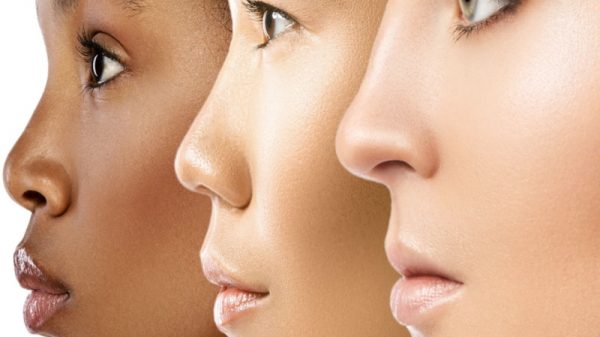In the vast universe of skincare and wellness, the terms “botanical oils” and “essential oils” often surface, creating a landscape of confusion for those exploring natural solutions. While they both hail from plants and offer unique benefits, it’s crucial to understand their differences to harness their power effectively. Let’s embark on a journey of discovery as we demystify the divergence between botanical oils and essential oils.
Botanical Oils: Nature’s Nourishment
Botanical oils, also referred to as carrier oils or base oils, are derived from the seeds, nuts, or fruits of plants. These oils are extracted through methods like cold pressing or expeller pressing, which maintain the integrity of the oil’s nutrients. Botanical oils are renowned for their nourishing and moisturizing properties, making them valuable components in skincare and haircare routines.
Benefits of Botanical Oils:
- Hydration and Nourishment: Botanical oils are rich in fatty acids, vitamins, and antioxidants that deeply moisturize and nourish the skin, leaving it soft and supple.
- Soothing and Calming: Many botanical oils possess anti-inflammatory properties that can help soothe irritated skin and alleviate discomfort.
- Protection and Repair: The natural antioxidants in botanical oils help protect the skin from environmental stressors and support its repair process.
- Versatility: Botanical oils can be used alone as moisturizers or combined with essential oils for personalized skincare blends. They’re also commonly used in massages and aromatherapy.
Essential Oils: Nature’s Aromatics
Essential oils are highly concentrated extracts obtained from various parts of plants, including leaves, flowers, stems, and roots. These oils are typically distilled using methods like steam distillation or cold pressing. Essential oils are renowned for their potent aromas and therapeutic properties, making them integral to aromatherapy and holistic wellness practices.
Benefits of Essential Oils:
- Aromatherapy: Essential oils are known for their distinct scents, which can have profound effects on mood, emotions, and relaxation. Inhaling their aromas can evoke feelings of calmness, energy, or clarity.
- Wellness Support: Many essential oils possess therapeutic properties that can aid in relieving stress, promoting sleep, easing headaches, and supporting respiratory health, among other benefits.
- Topical Application (with Caution): Essential oils can be diluted in carrier oils for topical application. When used appropriately and with proper dilution, they can address various skincare concerns, such as acne, inflammation, and dryness.
- Potent Plant Compounds: Essential oils contain concentrated plant compounds that offer a wide range of potential benefits, from antimicrobial effects to supporting circulation.
Key Differences:
- Concentration: Essential oils are highly concentrated, requiring careful dilution before topical use. Botanical oils, on the other hand, are used directly on the skin as moisturizers without the need for dilution.
- Aromas: Essential oils are primarily valued for their aromatic qualities, which have psychological and emotional effects. Botanical oils have milder scents and are prized for their nourishing properties.
- Usage: Essential oils are often used in aromatherapy, while botanical oils are commonly found in skincare and haircare products.
In essence, both botanical oils and essential oils offer unique benefits, each playing a distinct role in enhancing our well-being and skincare routines. As you navigate the world of natural remedies, understanding the differences between these two categories empowers you to make informed choices, harnessing the power of plants in a way that suits your needs and preferences.











